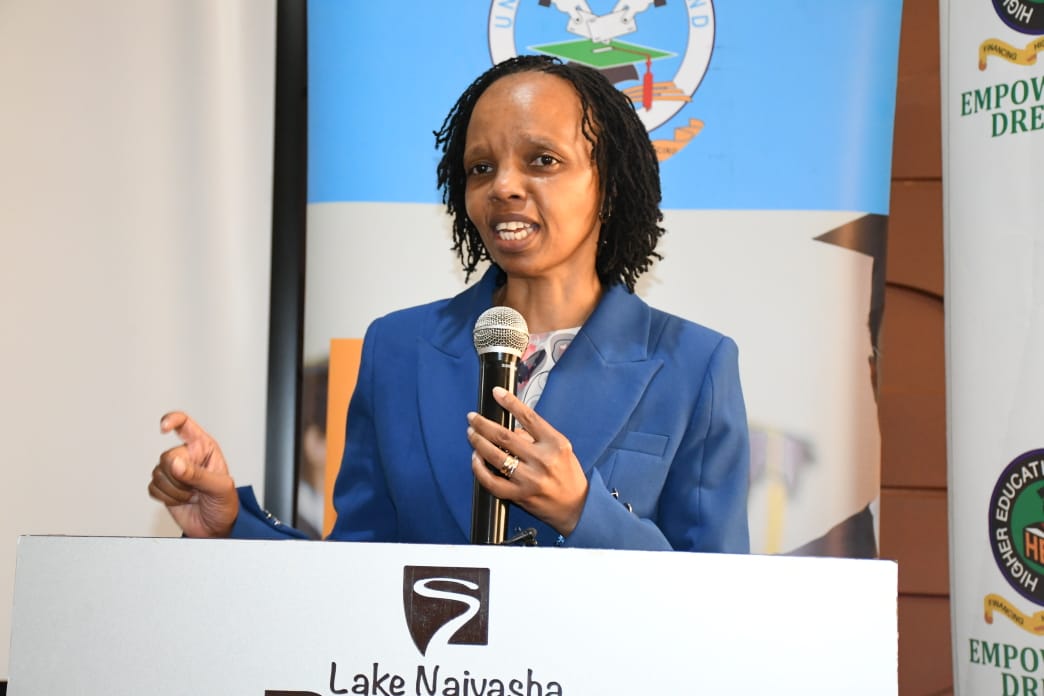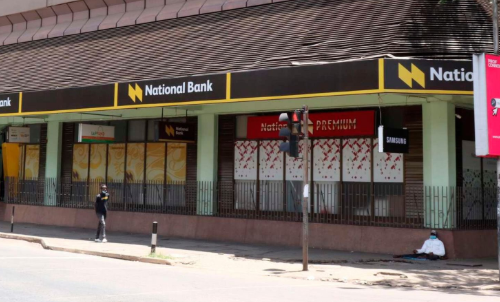State warns co-operative leaders on dubious deals

The government has issued new tough financial administrative measures to curb alleged theft of billions of hard-earned farmers’ money by leaders of coffee co-operatives through dubious deals.
Ministry of Co-operatives and Micro, Small and Medium Enterprises Development says coffee farmers countrywide are struggling with huge bills following misuse of privileges such as borrowing power and lack of transparency by the leaders.
In a circular issued to various authorities after cabinet sanctioned waiver of Ksh6.8 billion debt owed to coffee farmers, Cabinet Secretary Simon Chelugui said co-operative leaders have subjected growers to endless agonies of paying undisclosed loans.
Taxpayers’ burden
The circular is copied to the Office of the Deputy President and Capital Markets Authority (CMA) among others. Chelugui said the ministry has received reports from farmers complaining of being charged anonymous advances on their hard-earned income, subjecting them to poor financial status.
He said the loans in most cases are borrowed from unregulated institutions that charge excessive interest rates thus eating into growers’ income.
“Our preliminary findings are that farmers could be paying billions of shillings to loose institutions and huge part of the same embezzled,” the CS stated. For example, Chelugui disclosed, the ministry’s investigations have revealed that the Chairman of Barichu Farmers Co-operative Society is also the Chairman of Taifa Sacco where the society had obtained expensive, unapproved and unregulated loan facilities in excess of Sh200 million thereby reducing the earnings for the farmers. “This has been going on unchecked for a long time contributing to current endless miseries to the farmers,” he said.
In Bungoma County on March 2022 officials of Nakoyoncho Farmers Co-operative Society withdrew Sh25 million cash from a Co-operative Bank branch to pay farmers for the crop year 2021/2022, but were intercepted by robbers who made away with the cash leading to the farmers getting nil returns for their produce.
“This notwithstanding, the co-operative and others in Bungoma County and other parts of the country continue to withdraw cash to make payments, endangering their lives and farmers hard-earned coffee proceeds,” he added.
The challenge of excessive and poor spending has been intensified by leaders holding positions in primary and secondary institutions and thus taking advantage of borrowing huge loans from the latter.
Instead of borrowing money from the government’s established devolved funds, for example, the Sh6.7 billion Coffee Cherry Fund, the leaders chose to obtain expensive loans from Saccos where many of them are also officials. For example, Chelugui confirmed that in Embu County, chairmen of Thambana, Kanjugu and New Runyenjes farmers’ co-operative societies are directors in Nawiri Sacco.
He directed leaders of co-operatives adhere to the provision of Crops (Coffee) (General) Regulations 2019 Third schedule on obligations of license holders and service providers of a pulping station (part 15).
The regulation directs that should there be need for borrowing by the co-operative societies and associations, they shall only seek credit from regulated financial institutions upon approval by the members and as approved through an Annual General meeting with attendance and approval by the County Co-operative Director and the Commissioner for Co-operatives Development.
Enforce regulation
The government, he said, will enforce regulation on charging not more than 20 per cent of the farmers gross earnings to cater for pulping, administrative factory expenses, transportation, milling, warehousing and brokerage.
To enhance debts recovery, society leaders will be required through Nairobi Coffee Exchange (NCE) to lodge with the commercial banks providing the Direct Settlement System (DSS) any relevant contracts of service for which payment will be due from the grower.












